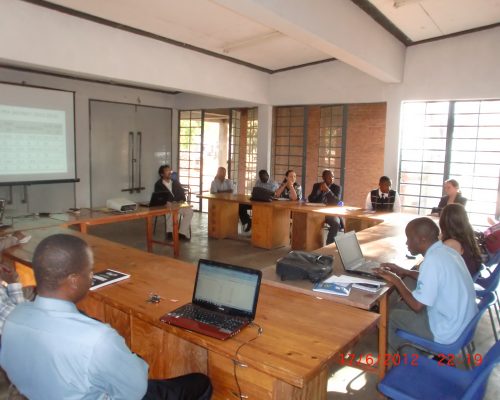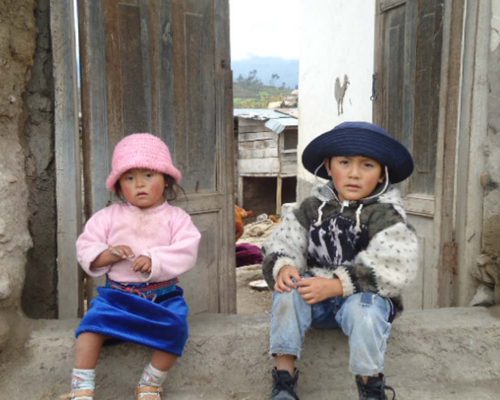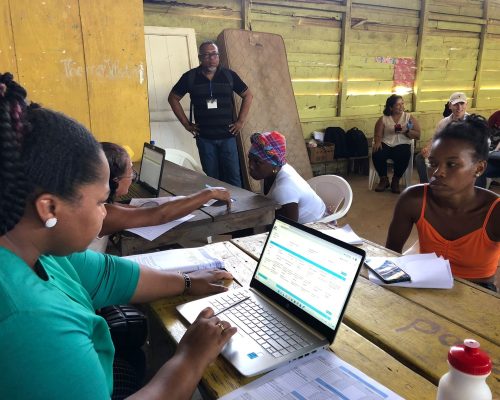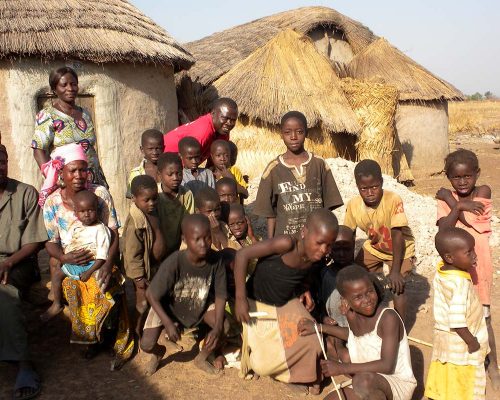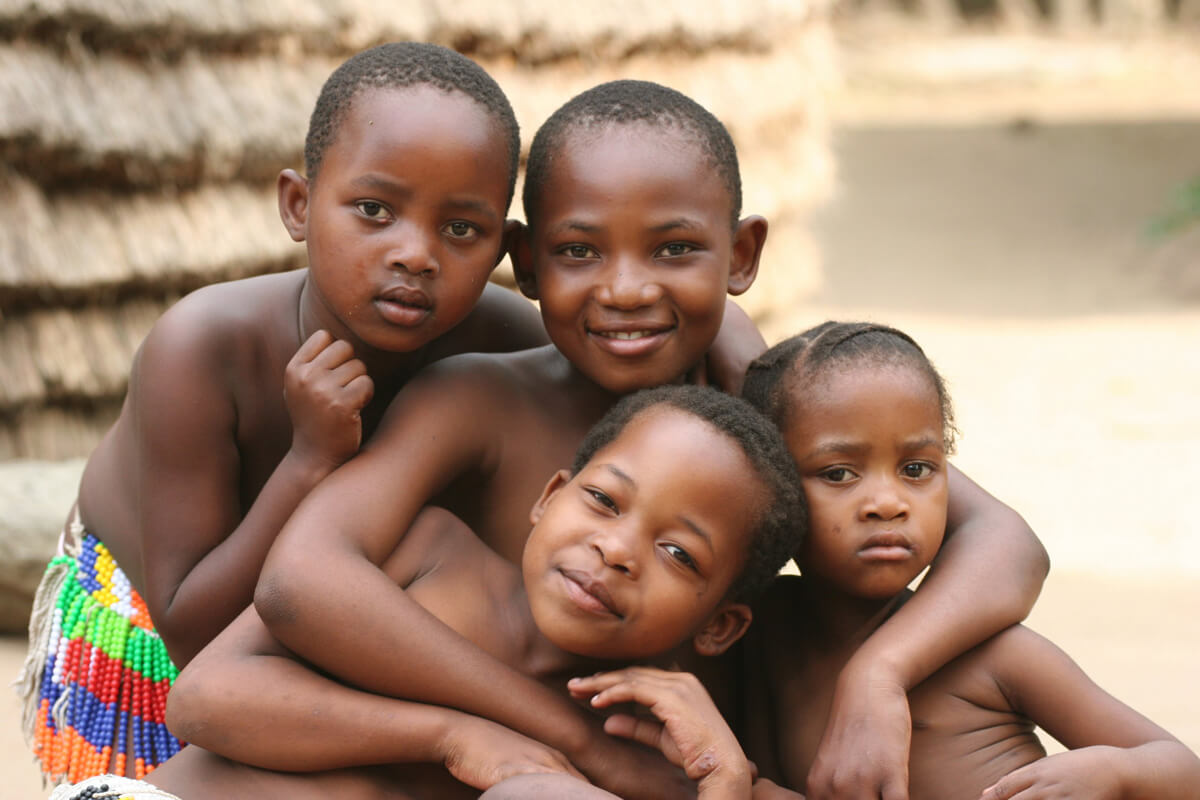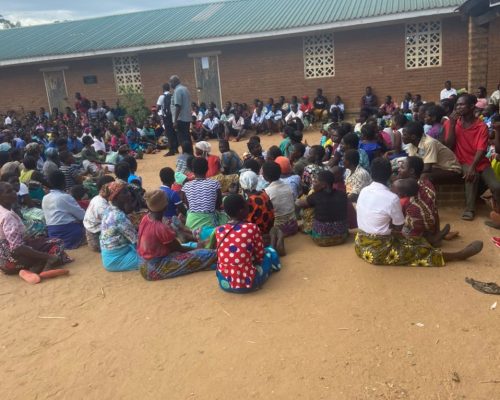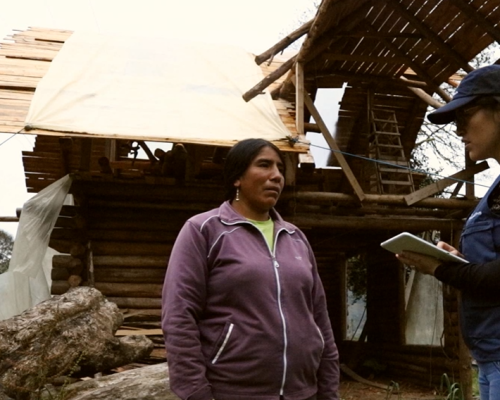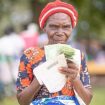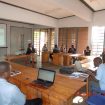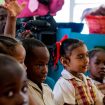Publication: Jan 2025 Inputs for the Comprehensive Community Relations Plan for Drilling and Oil Exploitation Platforms SOPROEN proposes a ten-year Comprehensive Community Relations Plan (PIRC) to address longstanding conflicts between oil companies and impacted communities. The plan focuses on fostering harmonious coexistence, promoting sustainable development, and ensuring continuous support for local populations. It emphasizes social infrastructure projects that preserve the...
Publication: July 2024 A New Paradigm for Corporate Social Responsibility Practices in the Oil and Mining Industry in Latin America Corporate Social Responsibility (CSR) in Latin America’s oil and mining industries is crucial for sustainable development and community engagement. These industries operate in regions with impoverished populations and sensitive ecosystems, leading to significant social and environmental impacts. Increasingly, companies face...
Publication: May 2024 Leveraging SIMS For Emergency Interventions in Malawi: A Case Study of Rapid and Effective Response The Social Interventions Management System (SIMS), developed by SOPROEN, is essential for efficient emergency responses in Malawi. Its ability to quickly process large amounts of information has improved the government’s response to disasters like floods, droughts, and cyclones. This paper discusses how...
Publication: April 2024 Moving to a New School of Thought: Precise Social Assistance The article outlines the historical evolution of social protection systems, starting with informal arrangements in the pre-twentieth century, followed by the emergence of formal structures like the welfare state in Europe. The post-World War II era saw significant expansion in social protection systems, categorized into contributory and...
Publication: January 2024 The proposal highlights the significant influence of the baby boomer generation on the world, particularly in the latter half of the 20th century, and emphasizes the challenges faced by older adults today. With an increase in life expectancy driven by medical advancements and changing lifestyles since 1950, opportunities for the aging population, aged 55 to 80,...
Publication: December 2023 The contemporary challenge confronting social protection (SP) systems revolves around the intricate task of meeting the diverse needs of individuals and households. Whether these needs are straightforward or complex, engaging with beneficiaries remains a formidable challenge for existing social programs. The deficiency lies not only in the provision of supply-driven programs but in the absence...
Publication: November 2023 Since the beginning of the South American mining/oil era, especially the oil industry, environmental impacts have increased in certain protected areas, oil spills occur near communities, causing violations of their rights and increasing their difficulties to live in a healthy and ecologically balanced environment. Compensation schemes for those affected by oil spills have...
Publication: September 2023 The general objective of a social registry in the social protection sector is to promote inclusion of poor and vulnerable populations that otherwise are excluded. That is why social registries are considered as inclusion systems. They provide a gateway for households to register and be considered for inclusion in one or more interventions...
Publication: 14 August 2023 Catastrophes and disasters can propel individuals into poverty, while also precipitating physical and psychological health issues, disproportionately affecting the most vulnerable segments of society. Emergencies, catastrophes, and disasters each constitute distinct events, with emergencies being less devastating but increasingly frequent due to climate change. The hazards cycle encompasses mitigation, preparedness, response, and recovery stages....
Publication: 03 March 2023 Thanks to SOPROEN’s experience in the area of social protection, we have been developing methodologies and proposals to face shocks caused by emergencies due to climate change that affect the poorest families to a greater extent. In this document we present solutions that can be offered in the face of different types emergencies and the...
- 1
- 2

